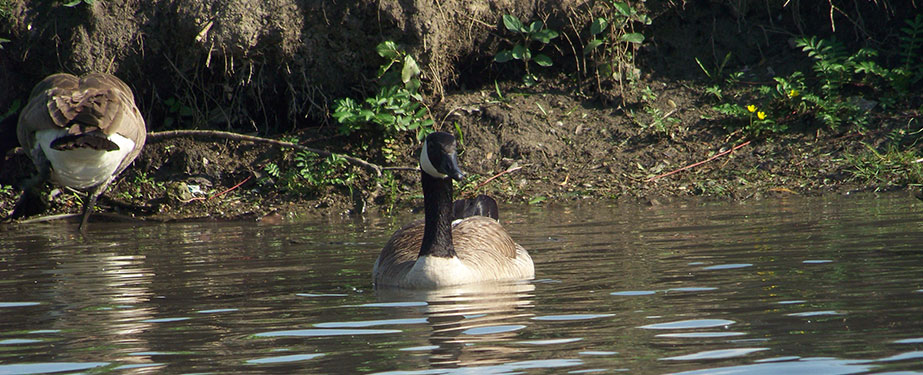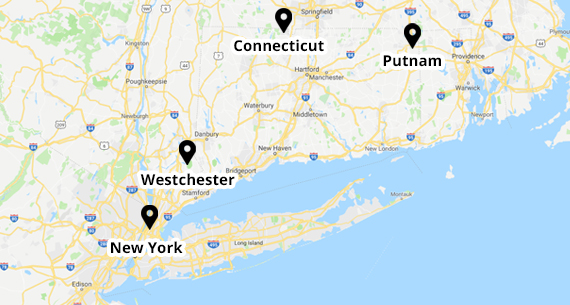- Call Us Now!
- 203-883-5123

Canadian Geese Breeding Season
Male Canada geese are sent out of the clutch when they are a year old and live with a group of single young males. Females stay with their clutch until they are ready to mate. Males begin mating at three years of age, and females begin mating when they are three or four years old. Breeding season for Canada geese is between February and April, depending on the climate. Geese mate once a year.
Canada geese have elaborate courtship behaviors. The female chooses a mate based on his displays and how well she believes he can protect her. Canada geese are monogamous and mate for life. If one of the pair dies, the surviving goose will mourn and may eventually find another mate.
Canada geese return to the same nesting sites every year. Their nest sites are usually located in an elevated area on an island, on top of a small hill, in bushes, or in a raised area around a lake. The number of nests in an area varies depending on how aggressive the geese are and how many other couples they allow to nest in the same vicinity.
The female creates a nest by making a depression in the ground. She sits and kicks her legs out from her body and turns around to create a mound. She then lines the nest with mosses, lichens, twigs, leaves, and down. A female goose may also make a nest out of a large mound of vegetation. The nest is usually located within sight of water. The male goose stands to guard a short distance away to protect his mate and the eggs from predators.
Canada geese lay between four and nine eggs per year. The average is five. The female lays one egg every one to two days, usually early in the morning. She does not leave the nest, eat, drink, or bathe while the eggs are incubating. The gestation period is 28 to 30 days.
After the goslings hatch, the female protects them and keeps them warm with her wings. Parents take their goslings to the water to feed almost immediately after birth. The day after the goslings hatch, the parents take them to a brooding area, where they are raised with other families in a group called a crèche.



